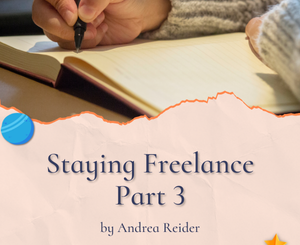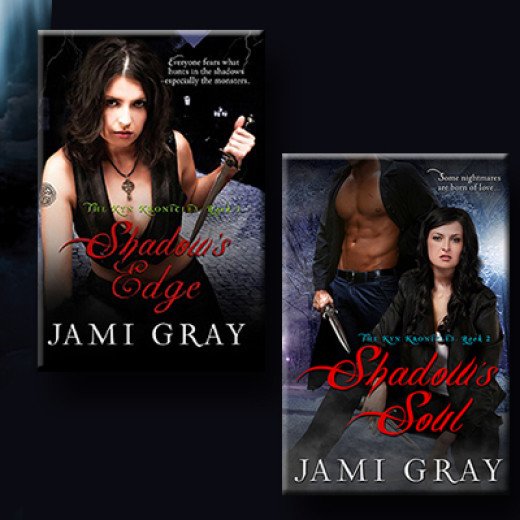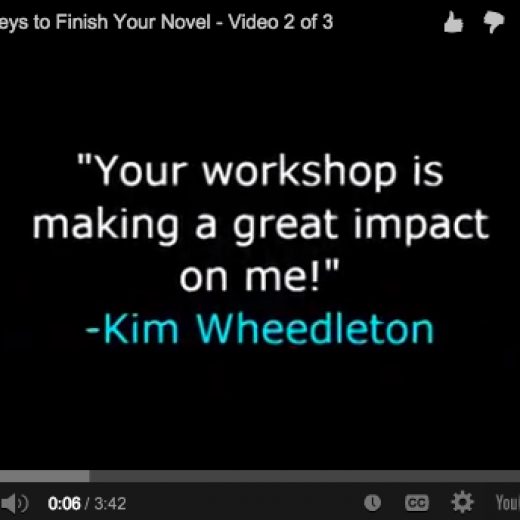Revising with Timelines By Laura Bickle
 Today we welcome a new guest writer to Writer’s Fun Zone, Laura Bickle who is stopping by to chat with us today about “Revising with Timelines.” Enjoy!
Today we welcome a new guest writer to Writer’s Fun Zone, Laura Bickle who is stopping by to chat with us today about “Revising with Timelines.” Enjoy!
***
Writers tend to get into a lot of trouble with time. There’s making time to write, managing deadlines, and the vagaries of market timing.
One issue with time, however, is entirely within the author’s control. And that’s the timeline of the story.
I never paid a whole lot of critical attention to time when I read. Sure, I was conscious that some passages in stories could be languid and slow-moving like a drippy faucet. Others were exhaustingly rushed. I never was quite able to put my finger on why.
And then, when my first book was accepted for publication, I discovered the answer: books can grow timeline issues. They’re very subtle, but can really cause problems with the reader’s perception of a work.
A timeline problem occurs when characters have too many events crammed into a period of time – or not enough. A succession of tasks emerges that would require the bending of the rules of the space-time continuum or superhuman abilities to accomplish. It occurs when your main character hasn’t slept for days. It happens when she travels an impossible distance in an hour. It can take place when your main character hasn’t worked regular hours at her day job without explanation. This goes for crazy amounts of overtime, or not working at all. It happens when your character is doing “cop stuff” for seven days in a row without a day off or at least a pro forma request for overtime. It’s easy for an author to lose track of what day it is, and a character can get trapped in a month-long weekend or a year of Wednesdays.
Mundane concerns? Maybe. But they catch an editor’s eye and seep into the subconscious of the reader. And sometimes, we’ve gotta pay attention to the rules of the real world – like time – in order to allow the reader to suspend disbelief for the really magical things we want to do with the story.
My first editor asked me to turn a timeline in with my book. Something simple, listing the day, night, and all the scenes that happened in each. By reviewing my manuscript in this way, I could see where I crammed too many activities into the heroine’s day – or (eep!) not enough. When I finish a draft, I read through it and start constructing my timeline.
I also create a second list that’s not strictly a timeline. It’s one that notes where chapters begin and end, how many scenes are included in the chapter, and how many pages each chapter is. Sticking a ten-page chapter next to a twenty-five page chapter creates unevenness, and keeping a note helps me be more aware of it. It also shows me where I have a bunch of stubby two-page scenes strung together. This causes me to question whether I’m head-hopping or whether I really need to find a way to collapse those scenes into less choppy ones. It helps me analyze flow. It also shows me whether I’m doing a good job of ending chapters in the middle of the action, causing the reader to want to turn the page to the next.
By doing this kind of post-hoc analysis, and correcting the results, I found that pacing issues automatically ironed themselves out.
I’ve turned a timeline in for every book since, whether or not I was asked. And it’s really reduced the amount of time I spend fixing structural issues in revisions. Now, I tend to work with that timeline in my head, and it keeps me honest. It keeps my very human characters from turning into Wonder Women and Supermen.
Not only do I have to manage time, but my characters do, too. Maintaining a timeline is a front-line editing fix I suggest that every writer keep in the toolbox.
***
ABOUT THE AUTHOR
 Laura Bickle grew up in rural Ohio, reading entirely too many comic books out loud to her favorite Wonder Woman doll. Her most recent novel is DARK ALCHEMY (Harper Voyager Impulse). The latest updates on Laura’s work can be found at www.laurabickle.com.
Laura Bickle grew up in rural Ohio, reading entirely too many comic books out loud to her favorite Wonder Woman doll. Her most recent novel is DARK ALCHEMY (Harper Voyager Impulse). The latest updates on Laura’s work can be found at www.laurabickle.com.







Thanks so much for hosting me today! 🙂
You’re so welcome, Laura!